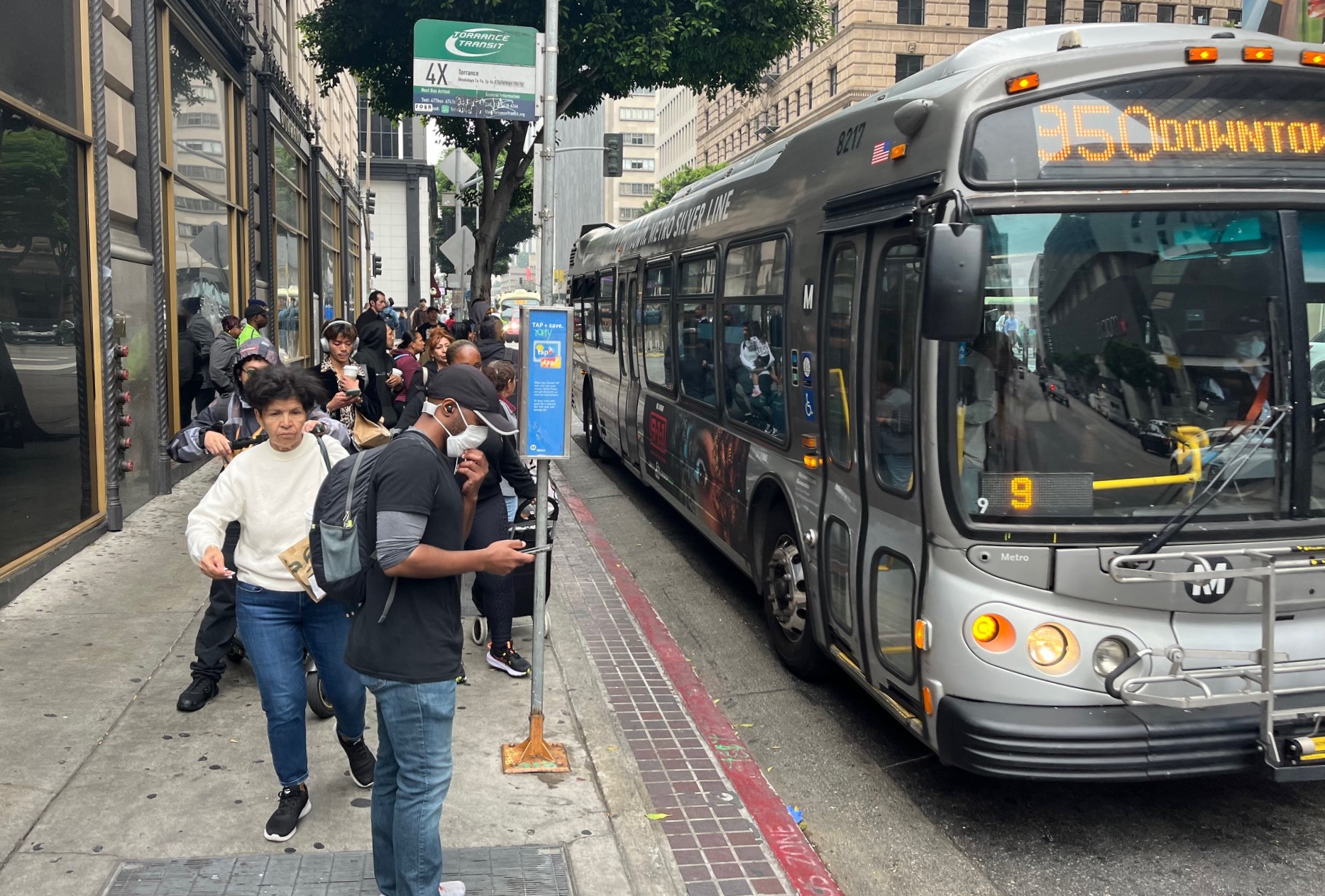 It's safe to say that Chicago's privatized metered parking is unpopular. Photo: jbo/flickr
It's safe to say that Chicago's privatized metered parking is unpopular. Photo: jbo/flickrThis weekend, the Times looked into some of the pitfalls the city should strive to avoid if and when it privatizes its metered and public garage owned-parking. The Times correctly warns that while the scheme may close a budget hole temporarily, it opens new ones in the long-term. However, anyone expecting an essay on how losing control of its parking imperils a city's ability to kick its car addiction is going to be disappointed, the article focuses almost exclusively on the cost to drivers.
We've already discussed at length some of the other concerns that need to be raised, and raised quickly, if we're to make enough noise to reach politicians through the haze of a promised quick fix of cash. First off, the city needs to explain why it makes more sense to allow a private company to raise parking rates to fill its coffers instead of the city needing to do the same itself. Second the city needs to explore what are the impacts on transportation planning and parking reform.
That being said, the Times piece does contain one crucial piece of information:
Villaraigosa plugged an $80-million figure into his 2009-10 budget, butadministration officials expect the gain to be substantially larger,depending on how much property is auctioned and how the deal isstructured.
In other words, the upcoming budget assumes that metered parking is going to be privatized and that the city is going to receive a windfall. Unless that language is changed, any City Council Members that oppose Villaraigosa's scheme are going to face extra pressure to bow to the Mayor's wishes or explain to their constituents why extra cuts or tax increases are underway when the final privatization proposals are presented to the Council later this year.




